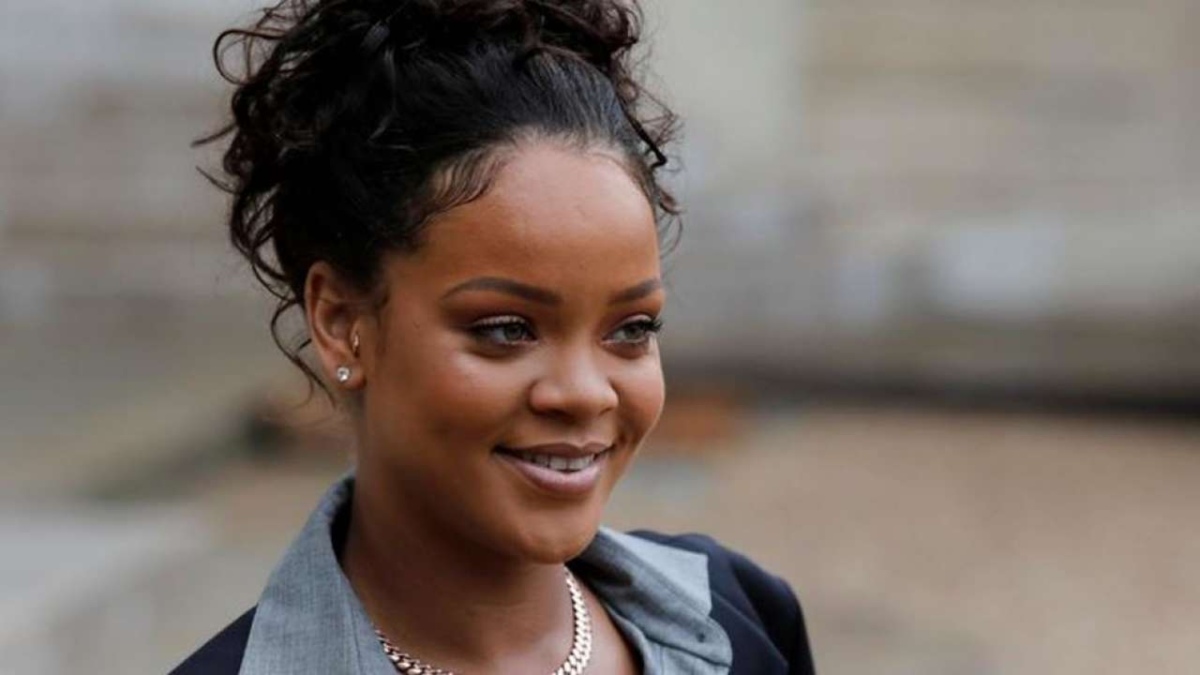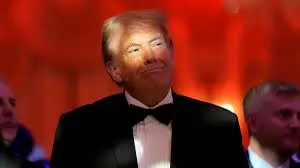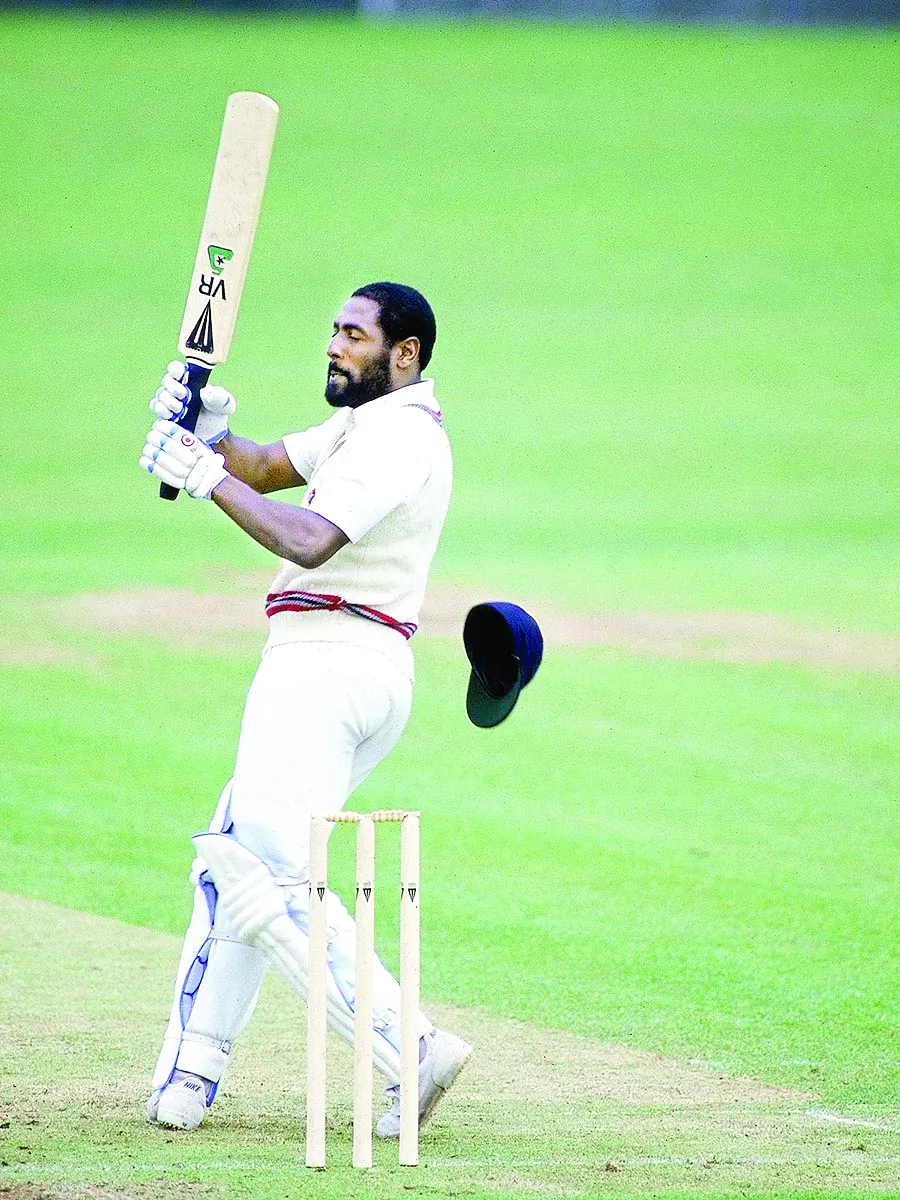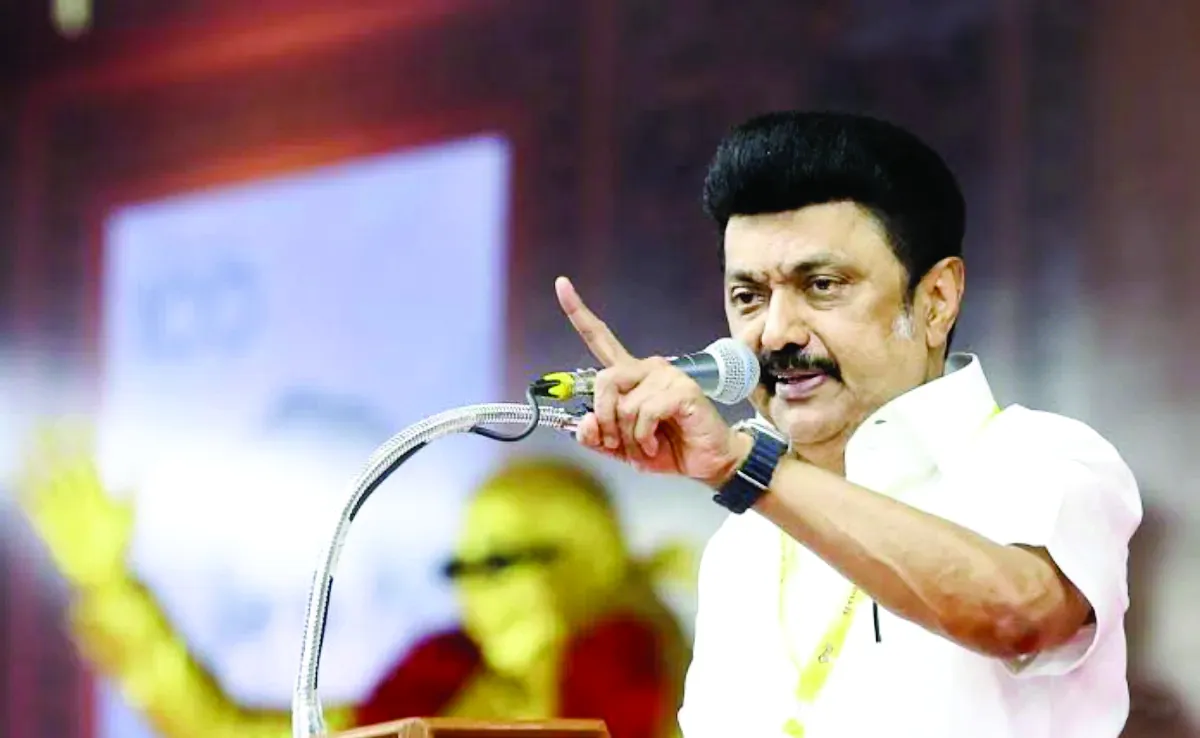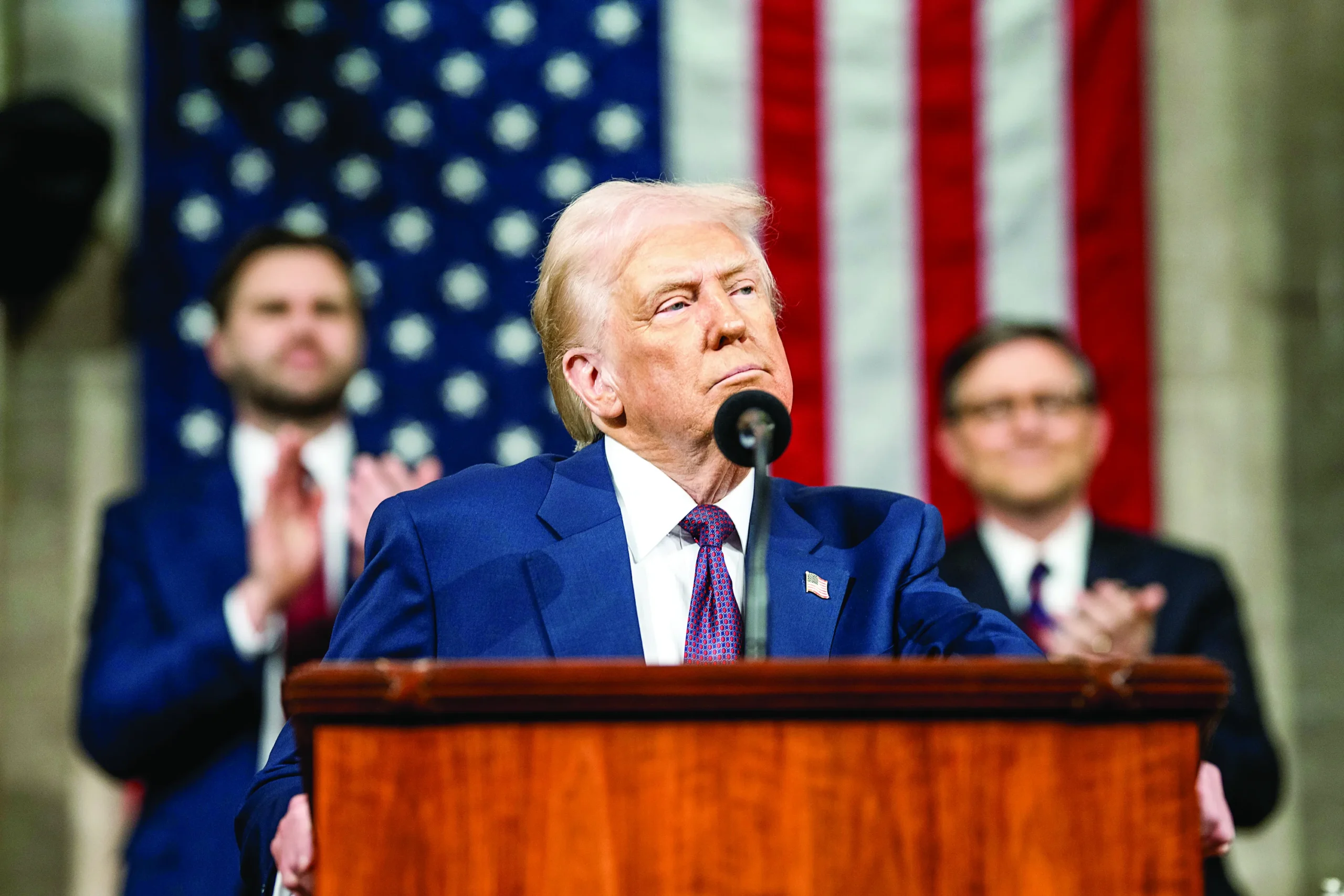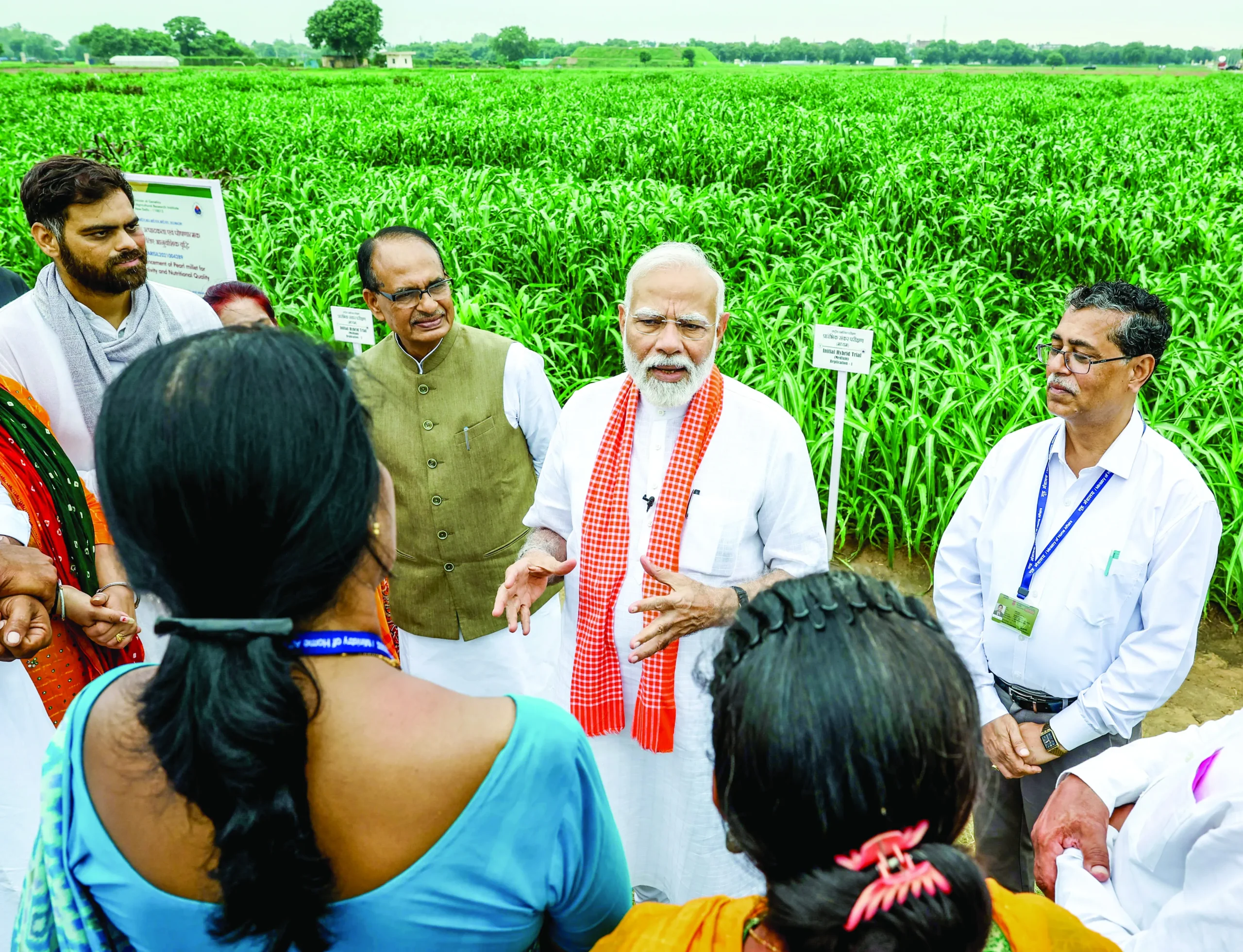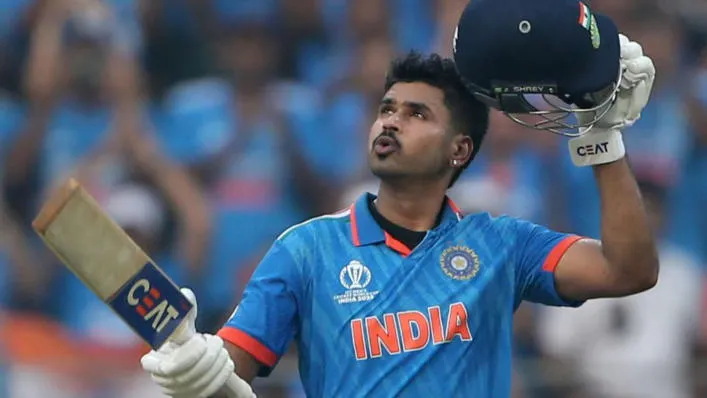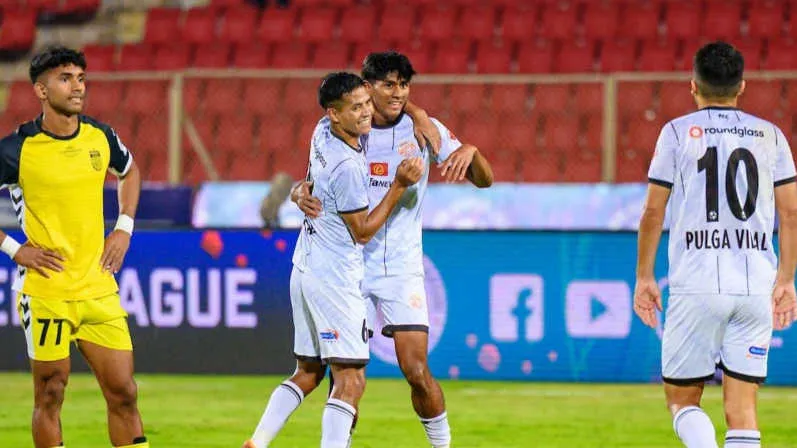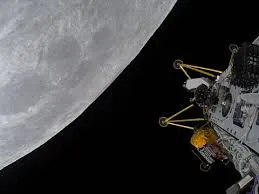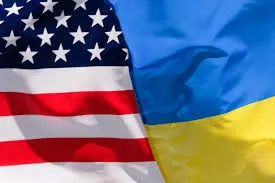It’s astonishing to see the uproar caused by one singer and a sixteen-year-old activist. While Rihanna retweeted a CNN report, Sweden’s environment and climate activist Greta Thunberg shared her concern for the protesting farmers by posting on Twitter. Added to this were the tweets posted by Meena Harris, otherwise also known as a niece of the American Vice President Kamala Harris. Of course, more was to follow as media reports quoting a US State Department spokesperson came in stating, “We encourage any differences between the parties to be resolved through dialogue.” This incidentally is also somewhat the same position articulated by the RSS No. 2 Suresh Bhaiyaji Joshi in an interview to The Indian Express last fortnight.
With the international community taking note, our bhakts back home are trying to deflect the unwanted attention as an attack on India’s sovereignty and nationalism. But is it fair to see these through such a narrow prism? Wasn’t the Houston slogan “Abki Baar Trump Sarkar” also a move to influence the internal workings of another democracy? And what happened when envoys from 15 countries were taken on a tour of Kashmir post the removal of Article 370? Wasn’t that an invitation for foreign countries to comment on our ‘internal’ matters? Hence you cannot invite a comment that commends you for ‘good governance’ and reject another that castigates you for ‘bad governance’. At some point this government will have to figure out this balance for itself.
In the meanwhile, getting Indian cricketers and film stars to tweet the same tweet in order to rebut a 16-year-old doesn’t go down very well on any yardstick of governance or damage control. It has only ended exposing the said mouthpieces; and the most it could have achieved is to get Kangana Ranaut and Karan Johar on the same side for once (Am sure political commentator Dilip Cherian won’t mind my stealing his line here!) Clearly, this was a government (and party) that won the war on messaging, if not delivery. Why are they fumbling their lines here? If only they had ignored Rihanna and Greta, would their comments have got any play at all? I must confess I was one of those who asked Rihanna who?
Which brings us back to the crux of this all—the protests themselves. What is the solution that the government is working on? Will barricading and stopping the Internet and water supply give them the right kind of solutions? The protesting farmers remain adamant, their support is rising both on social media and amongst the middle class. Even those who support the reforms are not happy with the way this is playing out. Should the government listen to the advice it got from the RSS and be more flexible? Or, it doesn’t want to set the wrong precedent by caving in? For the second stint of the Modi government has been marked by a protest every year. Last year it was the CAA and NRC—which interestingly still has to be implemented. IT rules still have to be framed which makes you wonder what was the entire fuss all about?

